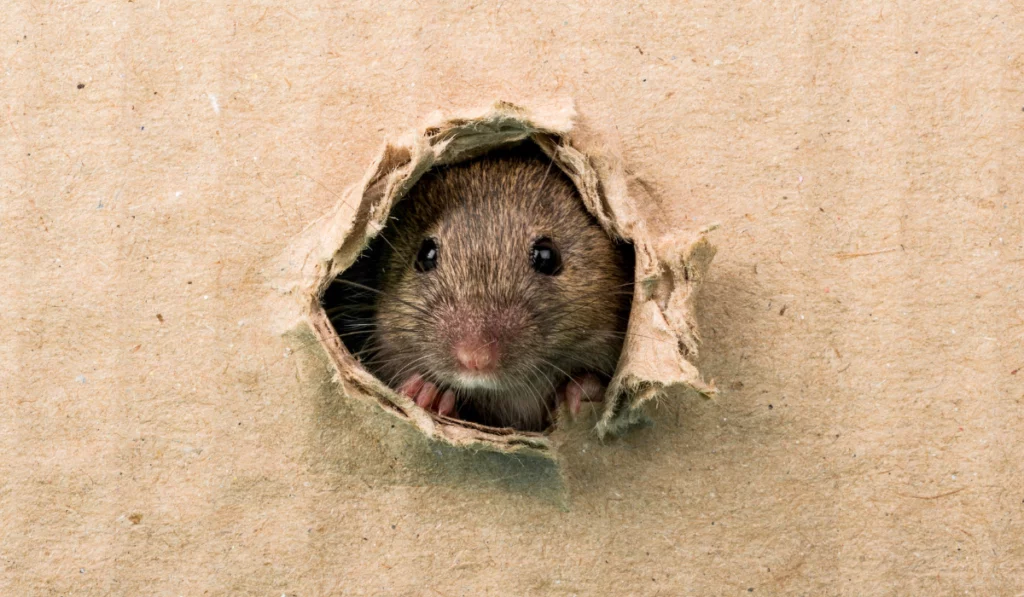The occasional buzzing mosquito is nothing more than a minor annoyance, but what about when there’s a whole army of them? As temperatures rise, mosquitoes can become a serious problem and ruin far more than just an otherwise enjoyable summer day. Some of these insects carry dangerous and potentially fatal diseases.
But where do mosquitoes come from, and how can you eliminate them from your area? Read on to learn more about what makes mosquitoes tick and how to prevent them from causing health scares.
Key Takeaways
- Mosquitoes are one of the most common flying insects in the world. They can be found globally but are especially common in warm, humid areas near water.
- Most mosquito species live between two and four weeks.
- Redness and itching are the most common symptoms of a mosquito bite, but in some cases, a bite can lead to the development of more serious diseases.
- Mosquitoes can transmit many dangerous diseases, including West Nile virus, Dengue fever, yellow fever, eastern equine encephalitis, and other vector-borne diseases.
– – –
San Diego Mosquito Control Service
Get Your First Service For Only $67
Limited Time Offer
– – –
What Is a Mosquito?
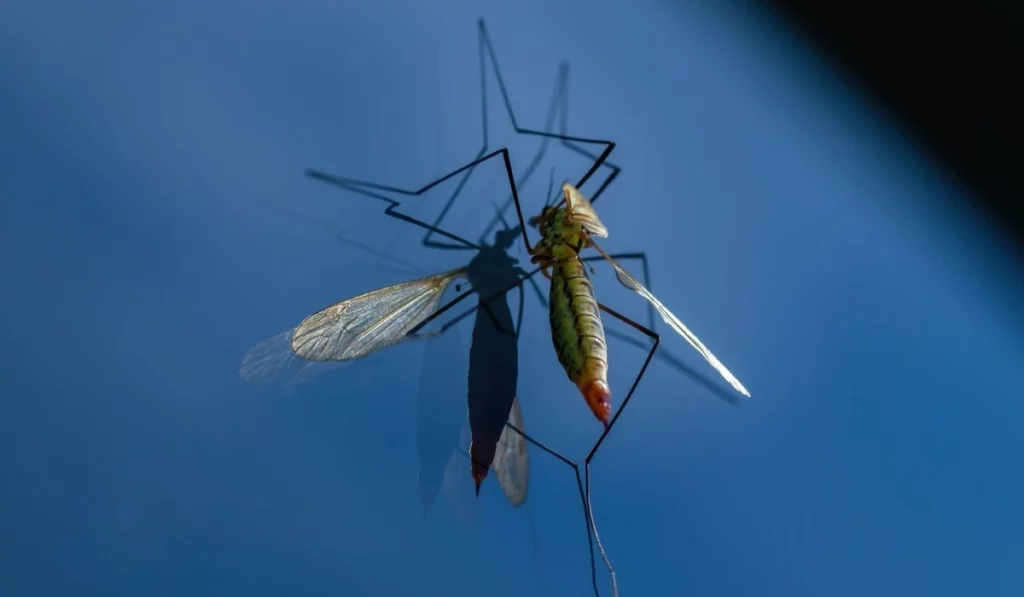
Mosquitoes are small insects with segmented bodies, three pairs of legs, and one set of wings. These pesky critters have been around for tens of millions of years. Female mosquitoes are the only ones that bite, making them the primary culprits behind mosquito-borne diseases. Male mosquitoes are smaller than females, except for their antennae, which are larger and furrier.
The United States alone is home to around 200 different species of mosquitoes, but globally, there are more than 3,700. Hailing from the genus Culex, some of the most common species include the:
- Aedes aegypti
- Aedes albopictus (Asian tiger mosquito)
- Anopheles
While most people don’t think of mosquitoes as much more than irritating insects, they can carry pathogens that lead to serious outbreaks of mosquito-borne diseases.
What Do Mosquitoes Eat?
Male and female mosquitoes feed on different substances. The male insects eat plant juices, while the females feed on blood. Female mosquitoes devour blood from various animals, including frogs, deer, and sometimes other insects that also rely on blood food. These insects have a special mouthpiece that is firm and hollow like a needle, allowing them to pierce the skin of most creatures.
Adult mosquitoes use their hollow mouthparts, or proboscis, like a straw to suck blood, also known as a blood meal, into their thorax. Once the female pierces the victim, she secretes saliva, which helps keep the puncture open and lubricated.
Mosquito Life Cycle
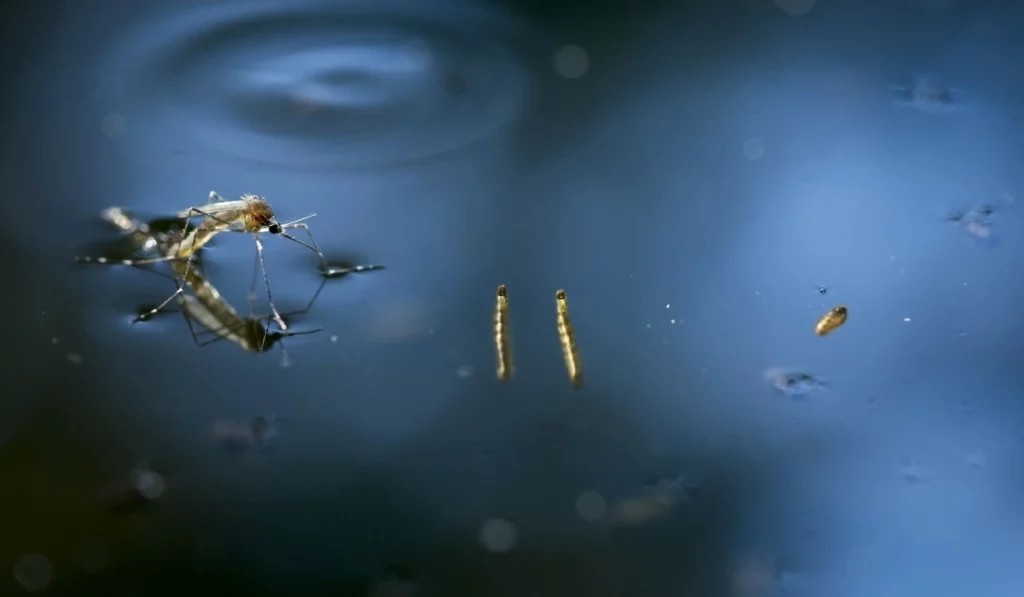
A female mosquito produces eggs only after mating with a male and having enough blood meals. The female then lays her eggs above the surface of a small body of water, such as a puddle, standing water, or bird bath. Stagnant water is ideal as it allows the eggs to develop without much danger.
Mosquitoes lay hundreds of eggs at once. It takes a few days for the eggs to hatch, resulting in larvae. The hatching process is triggered when the eggs are covered with water. This may happen naturally, as with rain, or artificially, as when a human adds water to a pool or container.
But what if the eggs never become covered with water? Surprisingly, mosquito eggs are highly resilient. They can survive without water for many months before dying, a skill that’s quite beneficial in times of drought. The eggs hatch as soon as enough water appears, and the larvae are released to feast on microorganisms within their habitats until they become pupae.
The adult mosquito forms within the pupa’s shell. The pupa does not eat but instead waits for its new shell to develop. This is when the young mosquito develops a larger body, legs, and wings.
Once the mosquito emerges, the adult female’s first quest is to find blood and lay eggs. Because the mosquito’s lifespan is only a few weeks, the female must act fast. The faster she feeds on blood and produces eggs, the more she can pass down her genetics to her offspring.
– – –
San Diego Mosquito Control Service
Get Your First Service For Only $67
Limited Time Offer
– – –
Mosquito Season
Mosquito season may start as early as February in southern states or as late as May in northern ones. This is when countless mosquitoes emerge from their pupal skins to feed and mate. The spread of disease is highest at this point.
Many health departments like the EPA and CDC issue health warnings to help people avoid illnesses that these insects may carry. It is best to avoid bodies of stagnant water during the summer, as these locations will have the highest numbers of mosquitoes. Going out without wearing mosquito repellent can also be dangerous. While repellent may not eliminate your chances of being bitten, it will reduce them.
You should also be careful if you take your pets outside. Mosquitoes will bite dogs and other animals as well as humans. A mosquito carrying a disease can get your pet seriously ill.
You can prevent this by using repellent on your pet as you would on yourself and avoiding mosquito-rich areas. While vector mosquitoes are less common in the United States than in other countries, there is always the risk of danger if you are unprotected.
Where Are Mosquitoes Most Common?
You will most commonly find mosquitoes near stagnant water, where they love to lay eggs and emerge as new adults. Many homes are found near bodies of water, such as pools, puddles, and bird baths. In nature, the insects are prominent around swamps and ponds.
Moving water, such as rivers, is not ideal for mosquitoes as it is not a beneficial environment to lay eggs. While mosquitoes are a worldwide problem, they are especially present in warm and humid climates.
Diseases Transmitted by Mosquitoes
There are many types of mosquitoes, but not all cause disease. Nuisance mosquitoes are those that bite but do not spread diseases. Vector mosquitoes are those that carry viruses and parasites. Aedes mosquitoes, found in some parts of the U.S., are some of the most common vectors. These pests may carry infamous illnesses such as:
- Malaria
- West Nile Virus
- Zika
Worldwide, more than a million people die of mosquito-borne diseases each year. This is partly because some pathogens, such as St. Louis encephalitis, can be hard to detect since they do not always produce symptoms.
Improved sanitation and personal protection can limit the spread of mosquito-borne diseases. Plus, many more severe diseases mosquitoes carry aren’t particularly common in the U.S. However, the Centers for Disease Control and Prevention recognizes that mosquitoes can pose a serious risk to public health and recommends taking preventative measures like wearing mosquito repellent before heading outdoors.
Identifying and Treating Mosquito Bites
The most common signs of a mosquito bite are redness and itchiness. The insects are attracted to carbon dioxide and sweat and may target certain people based on the chemicals they produce. Being bit more often by different mosquitoes may increase your chances of contracting a vector-borne illness.
If you think you’ve been bitten, wash the affected area with warm water and soap. If the itching is significant, try anti-itch lotions available over the counter for relief. Pressing ice on the affected site can also help numb it.
The bite should heal within a few days. If you start exhibiting flu-like symptoms or developing a fever, you should check in with a doctor to ensure you haven’t contracted a mosquito-borne disease. Common symptoms mosquito-borne diseases cause may include:
- Sweating
- Fever
- Tremors
- Muscle aches
- Upset stomach
It’s important to take these symptoms seriously if they occur, as they can quickly worsen if you do not seek treatment. Some diseases may target the brain or cause such a high fever that brain damage results. Other complications, including death, may occur if you do not catch and treat these symptoms quickly.
– – –
San Diego Mosquito Control Service
Get Your First Service For Only $67
Limited Time Offer
– – –
Mosquito Control
As a disclaimer, there may be no way to eliminate mosquitoes. These insects produce very quickly and are widespread enough to return year after year. However, you can still take steps to limit their numbers and protect yourself and your home.
Insecticides, pesticides, and larvicides are ideal for decreasing your local mosquito population. The accessibility of these materials makes them easy to find, and they produce substantial results.
Be sure to carefully follow all product instructions to use these chemicals safely and effectively. Larvicides work by killing mosquito larvae, while insecticides target adults.
While you can tackle mosquitoes yourself, the results might not be as prominent as you want. It may be more beneficial to hire professional solutions. This allows you to sit back and relax while those insects are eliminated. Consider pest control with Complete Pest Solutions and see what a difference our services can make.
 1st pest control service just $49. Must schedule service online.
1st pest control service just $49. Must schedule service online.

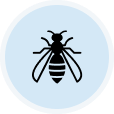

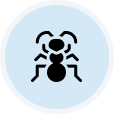
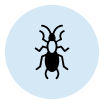

 You’re supporting a small, local business
You’re supporting a small, local business

